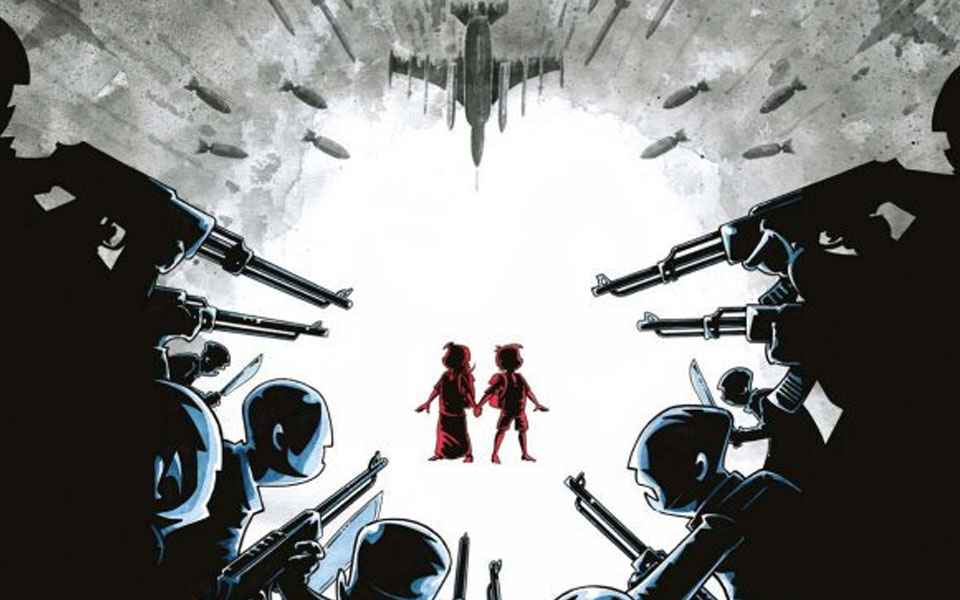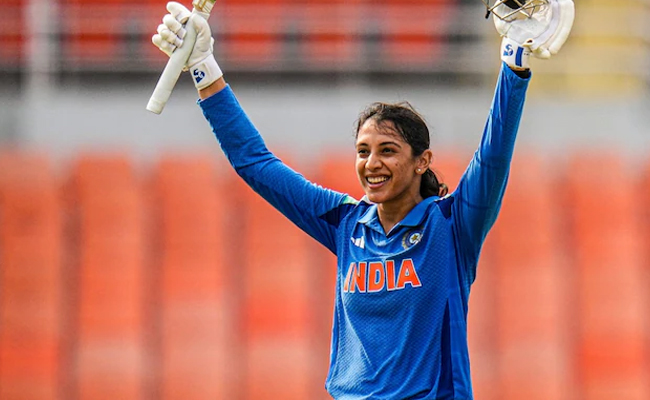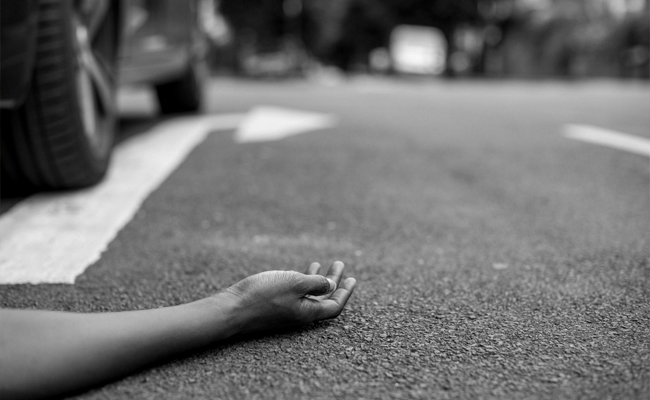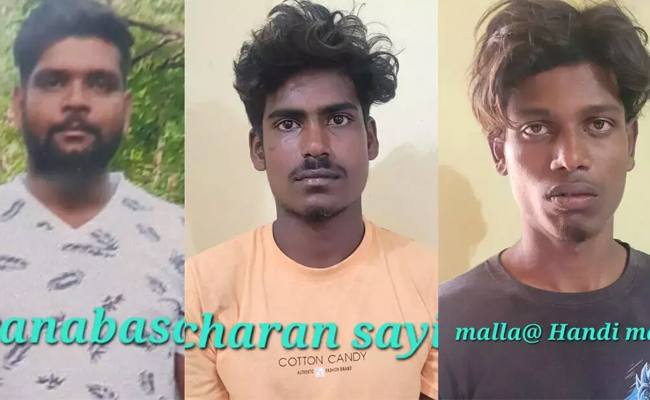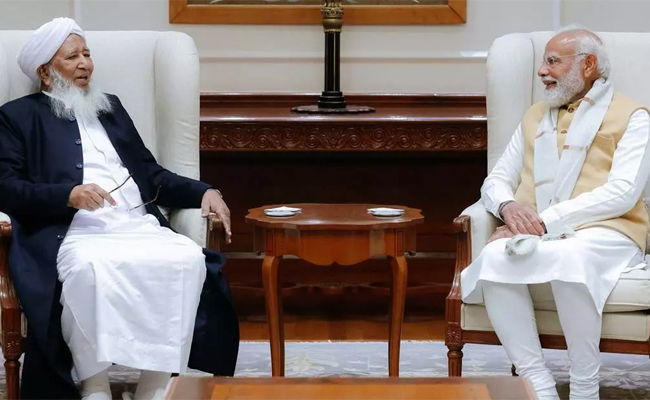Munich, Feb 15: At least 1,00,000 babies die every year because of armed conflict and its impact, from hunger to denial of aid, Save the Children International said on Friday.
In the 10 worst-hit countries, a conservative estimate of 550,000 infants died as a result of fighting between 2013 and 2017.
They succumbed to war and its effects, among them hunger, damage to hospitals and infrastructure, a lack of access to health care and sanitation and the denial of aid.
It said children face the threat of being killed or maimed, recruited by armed groups, abducted or falling victim to sexual violence.
"Almost one in five children are living in areas impacted by conflict -- more than at any time in the past two decades," said the charity's CEO Helle Thorning-Schmidt in a statement.
"The number of children being killed or maimed has more than tripled, and we are seeing an alarming increase in the use of aid as a weapon of war," she said on releasing the report at the Munich Security Conference.
Save the Children said a study it had commissioned from the Peace Research Institute Oslo had found that 420 million children were living in conflict-affected areas in 2017.
This represents 18 percent of all children worldwide and was up by 30 million from the previous year.
The worst-hit countries were Afghanistan, Central African Republic, Democratic Republic of Congo, Iraq, Mali, Nigeria, Somalia, South Sudan, Syria and Yemen.
The total number of deaths from indirect effects over the five-year period jumped to 870,000 when all children under the age of five were included, the charity said.
It also issued a list of recommendations to help protect children, from steps such as committing to a minimum age of 18 for military recruitment to the avoidance of using explosive weapons in populated areas.
Thorning-Schmidt said the rising number of child casualties was very worrying.
"It is shocking that in the 21st century we are going backwards on principles and moral standards that are so simple children and civilians should never be targeted."
Let the Truth be known. If you read VB and like VB, please be a VB Supporter and Help us deliver the Truth to one and all.
New Delhi (PTI): Star batter Smriti Mandhana, who played a pivotal role in India's historic 2025 Women's World Cup triumph, was named the BBC Indian Sportswoman of the Year for 2025 at a glittering function here on Monday.
Chess prodigy Divya Deshmukh won the Emerging Player of the Year award, for her historic FIDE Women's World Cup triumph at just 20.
Preethi Pal was named the Para-Sportswoman of the Year, for winning two bronze medals at the 2024 Paris Paralympics in track and field, while Anjali Bhagwat was honoured with the Lifetime Achievement Award, recognising her pioneering career as India's first woman shooter to reach an Olympic final and her trailblazing success on the world stage.
Mandhana, who is currently touring Australia with the Indian team for multi-format bilateral assignments, said in a video message: "Thank you BBC for giving me the awardfor Best Sportswoman of the Year. 2025 was a special year for women's cricket, especiallytowards the end we had a World Cup and I'm happy I could contribute and help India win matches.".
At 29, the left-handed batter is already among the game's greats, with the second-highest number of centuries in women's One Day Internationals and ranking third in total runsscored among current players worldwide.
Hailing from Sangli city in Maharashtra, the affable Mandhana was inspired by her father and brother, both of whom played cricket at the district level.
In September last year, she made a 50-ball hundred against Australia – the fastest 50 over international ton (men and women) by an Indian in the format, breaking Virat Kohli's record.
The award winners were decided by a distinguished grand jury comprising Leander Paes, Deepa Malik, and Anju Bobby George.
Praising the athletes' achievements CEO of BBC News, Jonathan Munro said: "Congratulations to this year's winners who showcase the very best in sporting excellence. The BBC World Service is committed to bringing such stories of human endeavour and outstanding success to audiences across India and around the world.".
Additionally, the ceremony also celebrated a wide spectrum of talent and impact, recognizing star performers and changemakers for redefining the landscape of Indian sport.
BBC Star Performers of the Year 202.
• Indian Women's Cricket Team: for their historic World Cup victory.
• Ekta Bhyan, Deepthi Jeevanji and Preethi Pal: for their trailblazing performances at the World Para Athletics Championship.
• Indian Women's Cricket Team for the Blind: for their inspiring World Cup victory.
• Indian Women's Kabaddi Team: for their smashing victory in World Cup.
.
BBC Changemakers of the Year 202.
• Indian Women's Ice Hockey Team: for breaking barriers in a non-traditional sport.
• Rajbir Kaur: Indian field hockey player and former captain of the women’s national team.
• Savita Punia: Indian field hockey player and current member of the national team.
• Paani Devi: recognised for her impactful contribution to grassroots sport.

